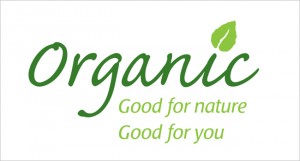Organic or Conventional?
 Cost can dictate whether or not you buy organic food. If you’re unsure what’s worth the extra money, follow some of these helpful hints.
Cost can dictate whether or not you buy organic food. If you’re unsure what’s worth the extra money, follow some of these helpful hints.
Avoid the conventional versions of the dirty dozen. When it comes to produce, 12 key fruits and vegetables top the list for being most susceptible to contamination, and should be purchased in their organic state whenever possible:
Strawberries
Peaches
Nectarines
Sweet bell peppers
Apples
Spinach
Celery
Pears
Cherries
Lettuce
Imported grapes
Potatoes
The 6 items that contain the least amount of toxins include onions, avocados, pineapples, and mangos along with sweet peas and sweet corn in their frozen states.
Check the PLU code to know if fresh produce is organic. All organic fruits and veggies start with the number 9 followed by a 4-digit number assigned to its conventional counterpart.
Buying organic processed foods is nice but not necessary. As for meats and dairy, some research suggests that antibiotics and hormones fed to animals could pose health concerns. Buying organic can help you avoid both antibiotics and hormones, but you can find less expensive non-organic brands that are still hormone free.

